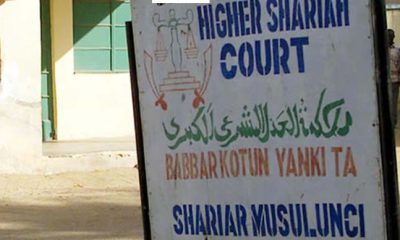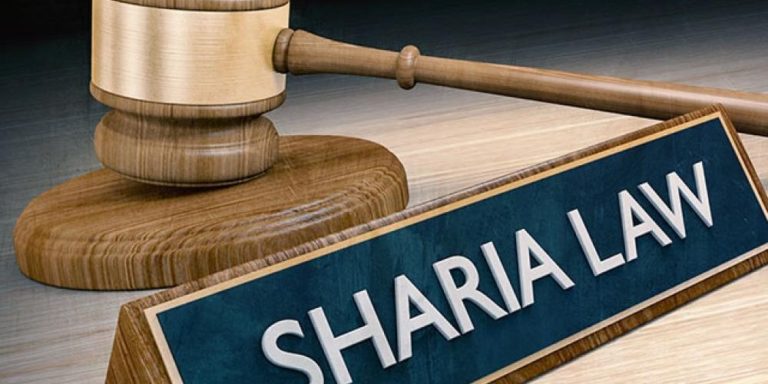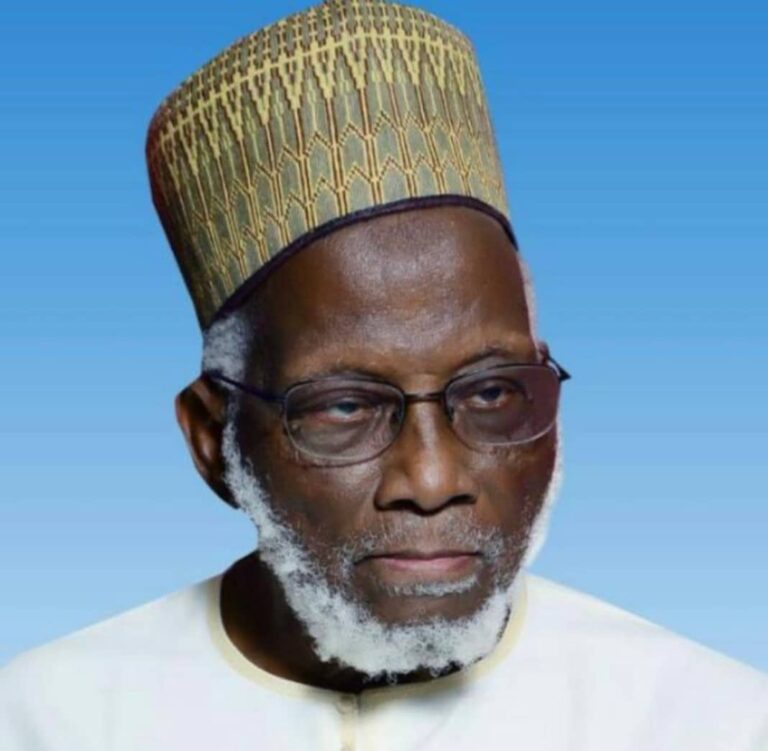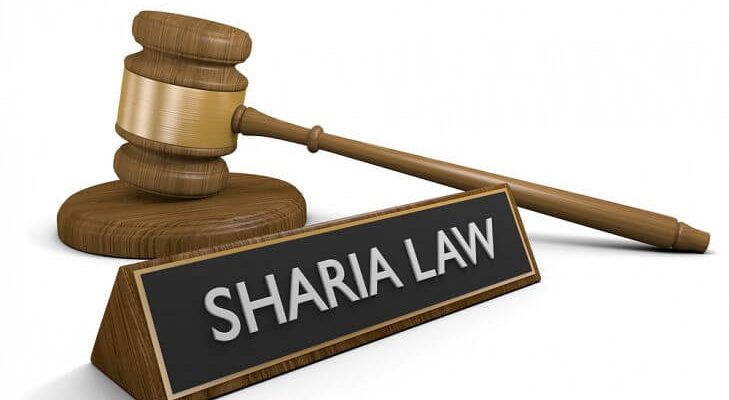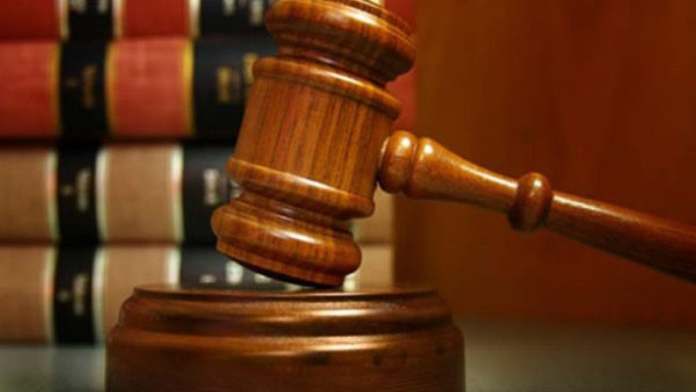News
Shari’ah Courts Are for Muslims Only – Clerics Clarify

- Shari’ah is only for Muslims.
- Non-Muslims won’t be affected.
- Scholars assure no forced application.
Leading Muslim clerics and scholars from Southwest Nigeria have clarified that the application of Shari’ah law is strictly for Muslims and does not apply to non-Muslims.
The scholars made this assertion during a press conference held on Tuesday in Ibadan, Oyo State.
EDITOR’S PICK
- G.10 Marks 4th Anniversary with Palliatives and Educational Support, Urges Youths to Stay Focused
- Tragic Crash in Ayetoro, Epe: One Dead, Another Injured as Speeding Car Slams into Parked Truck
- Atiku Abubakar Disclose Motives Behind Meeting with Olusegun Obasanjo
The event was organized by the Concerned Yoruba Muslim Scholars in Nigeria and the Supreme Council for Shari’ah in Nigeria.
Speaking at the conference, Sheikh AbdurRasheed Hadiyatullahi, President of the Supreme Council for Shari’ah in Nigeria, and Sheikh Abdurrasheed Mayaleeke, Chairman of the Concerned Yoruba Muslim Scholars, reaffirmed that Shari’ah courts are only for Muslims or individuals who voluntarily wish to settle disputes under Islamic principles.
They assured non-Muslims that there was no attempt to impose Shari’ah on them or Islamize Nigeria, emphasizing that its establishment was not a violation of their rights.
Following unsuccessful efforts to establish Shari’ah Courts of Appeal in Southwest states, the Muslim communities in the region opted to create Independent Shari’ah Panels as Alternative Dispute Resolution (ADR) platforms.

These panels help resolve disputes among Muslims in accordance with Islamic law and bridge judicial gaps in states where Shari’ah courts do not exist.
The scholars further explained that these panels operate within the legal framework of Nigeria.
They cited the Supreme Court ruling in Agu v. Ikewibe, which upheld the validity of informal arbitration, and Section 277 of the Nigerian Constitution, which recognizes Shari’ah as a legitimate source of law.
Additionally, they referenced past Supreme Court decisions, including Alkamawa v. Bello and Usman v. Umaru, which established that neither the High Court nor the Customary Court has jurisdiction over Islamic personal law disputes.
FURTHER READING
- Heartbreak in Yobe: Politician Loses Six Loved Ones to Chronic Kidney Disease
- Tensions Rise as Hamas Suspends Hostage Release
- UK PM Keir Starmer Urges World Leaders to Take HIV Test
Prominent figures present at the conference included Professor Daud Noibi, former Executive Secretary of the Muslim Ummah of Southwest Nigeria (MUSWEN); Professor Ishaq Akintola, Executive Director of the Muslim Rights Concern (MURIC); and Professor Abideen Olaiya, General Secretary of the Concerned Yoruba Muslim Scholars.
The clerics urged stakeholders to understand that Shari’ah courts serve as an internal legal mechanism for Muslims and do not infringe on the rights of other religious groups.
Click HERE For Our Video Of the Week
Advertise or Publish a Story on EkoHot Blog:
Kindly contact us at ekohotblog@gmail.com. Breaking stories should be sent to the above email and substantiated with pictorial evidence.
Citizen journalists will receive a token as data incentive.
Call or Whatsapp: 0803 561 7233, 0703 414 5611


